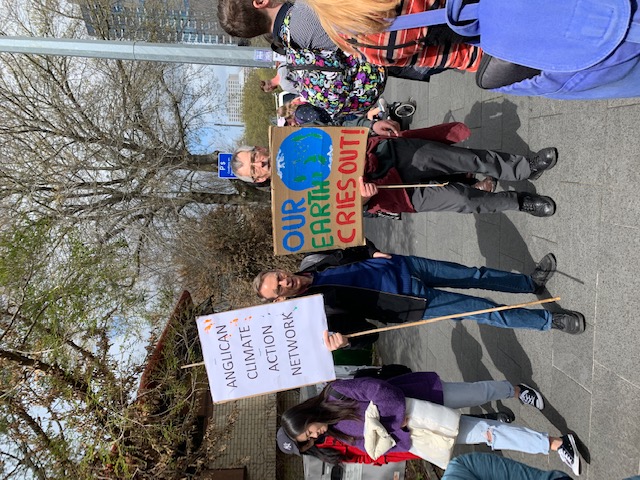
Home
Engagement
Just then loving
A sermon for the Centenary of the Auckland City Mission by Bishop Jim White. This was to be Bishop Jim’s last sermon before his sad death in September 2020


What is religious freedom

The 2021 Christmas special
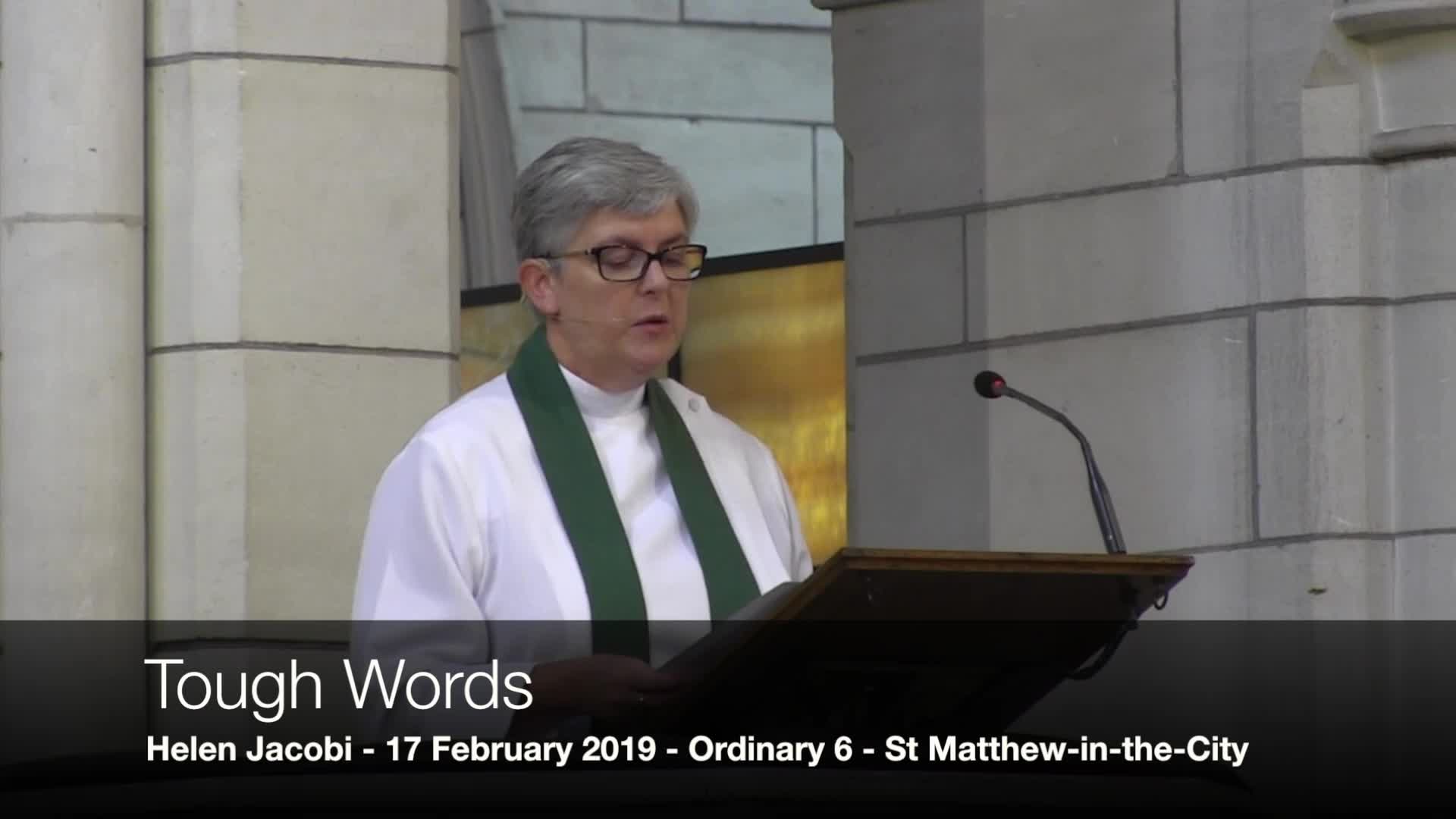
Tough Words

Wai puna - everflowing water
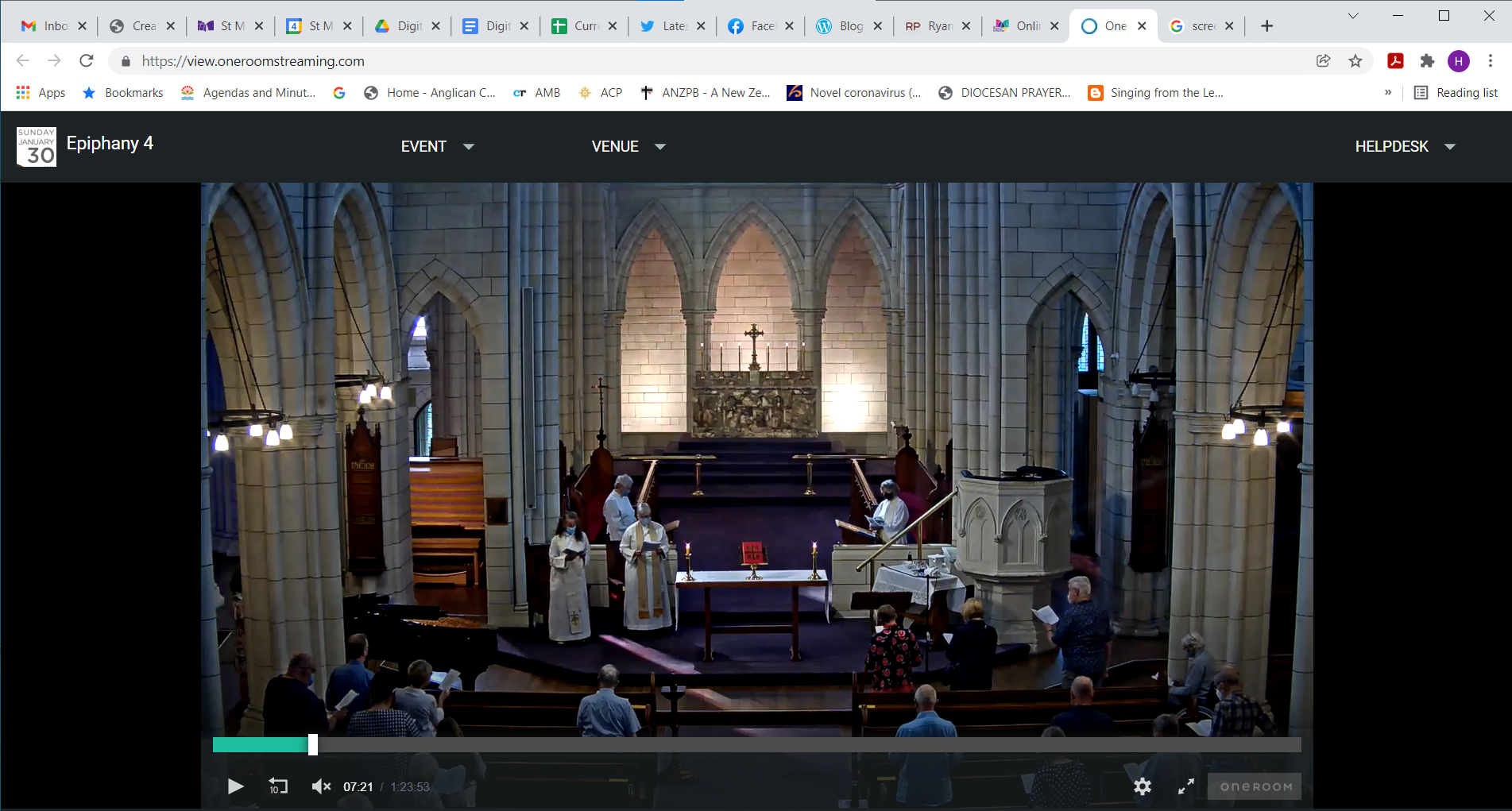
Hybrid worship
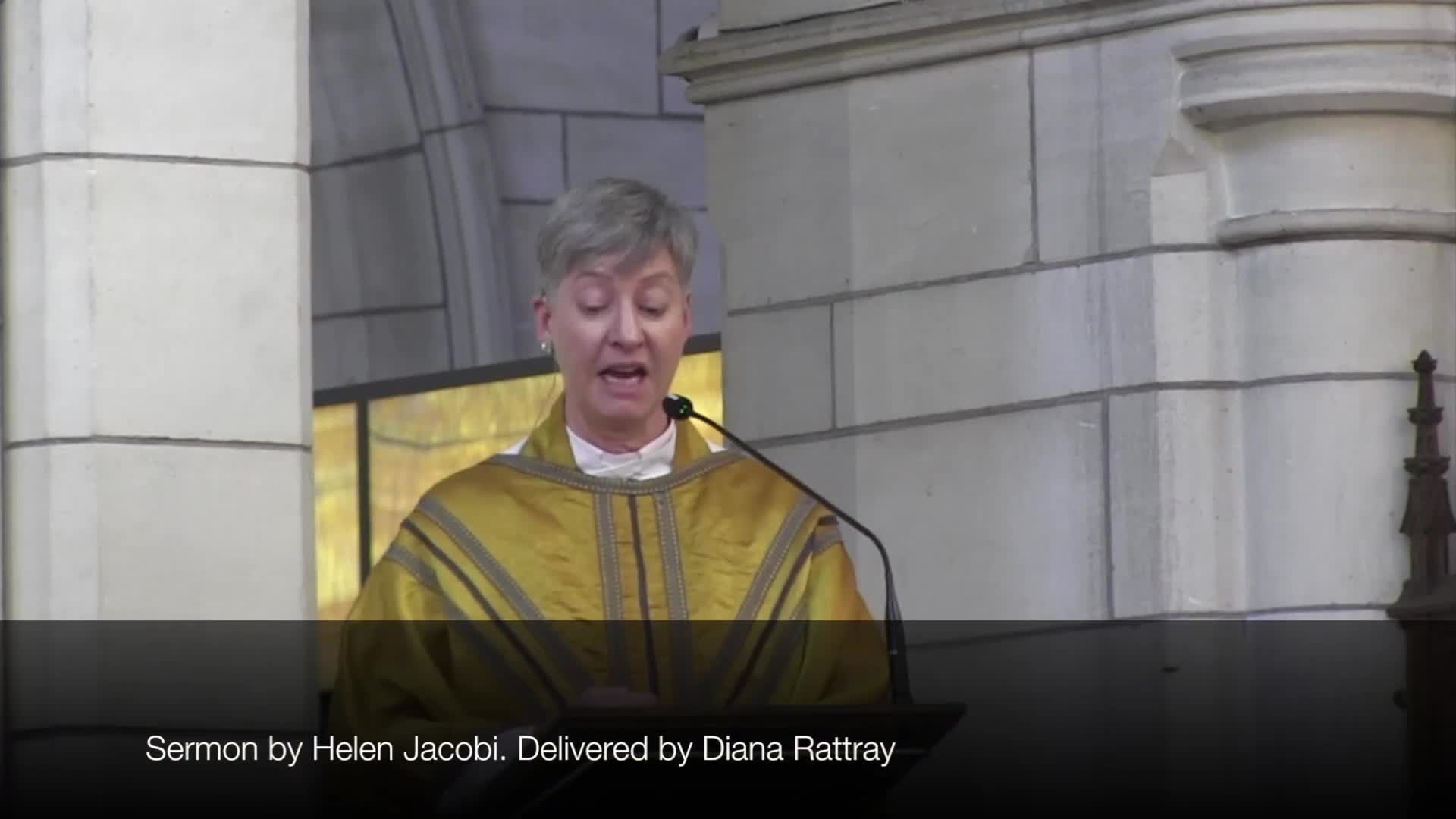
St Thomas and the Way
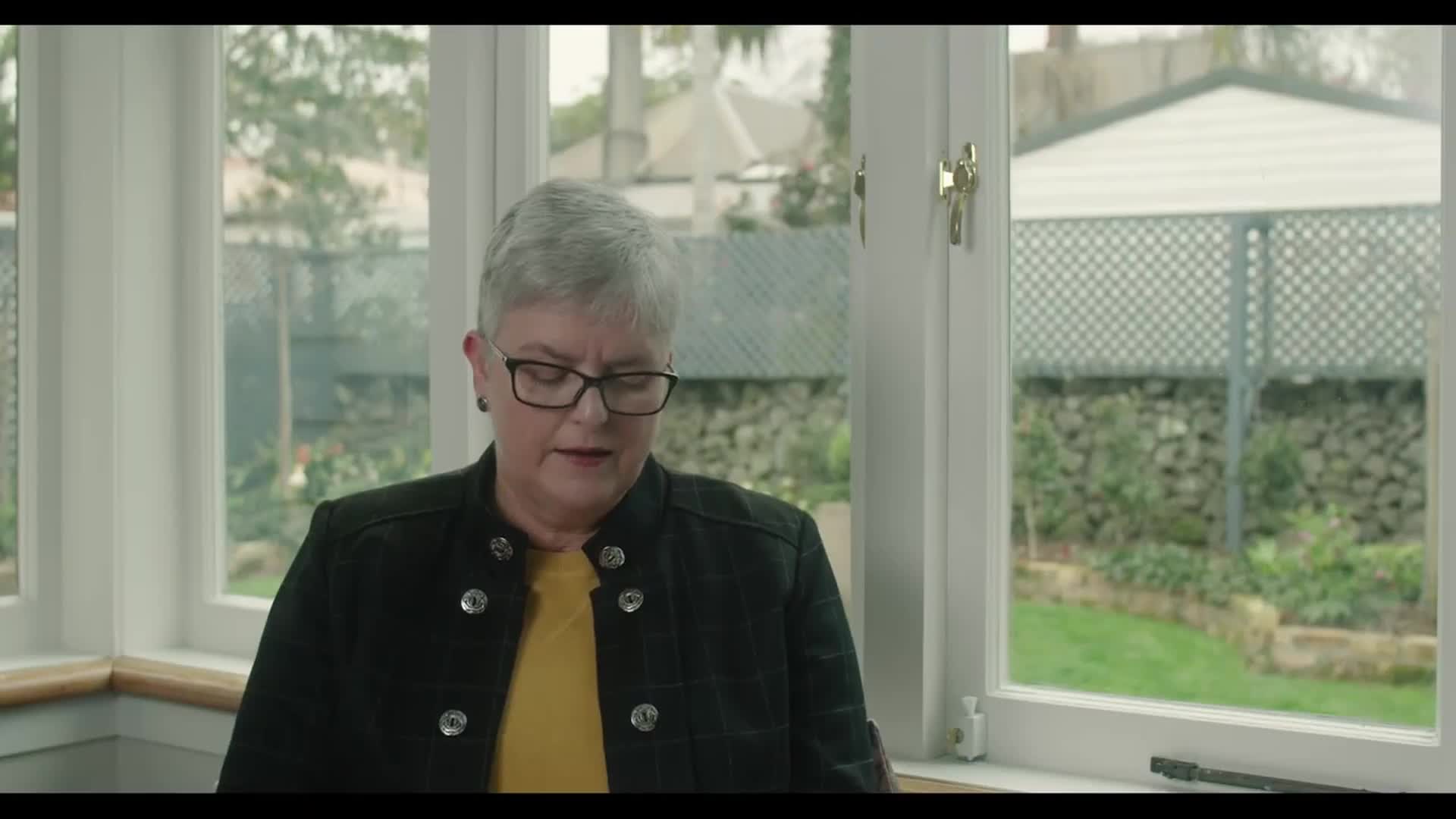
Midday Prayer from Lockdown

From despondency to action and hope
